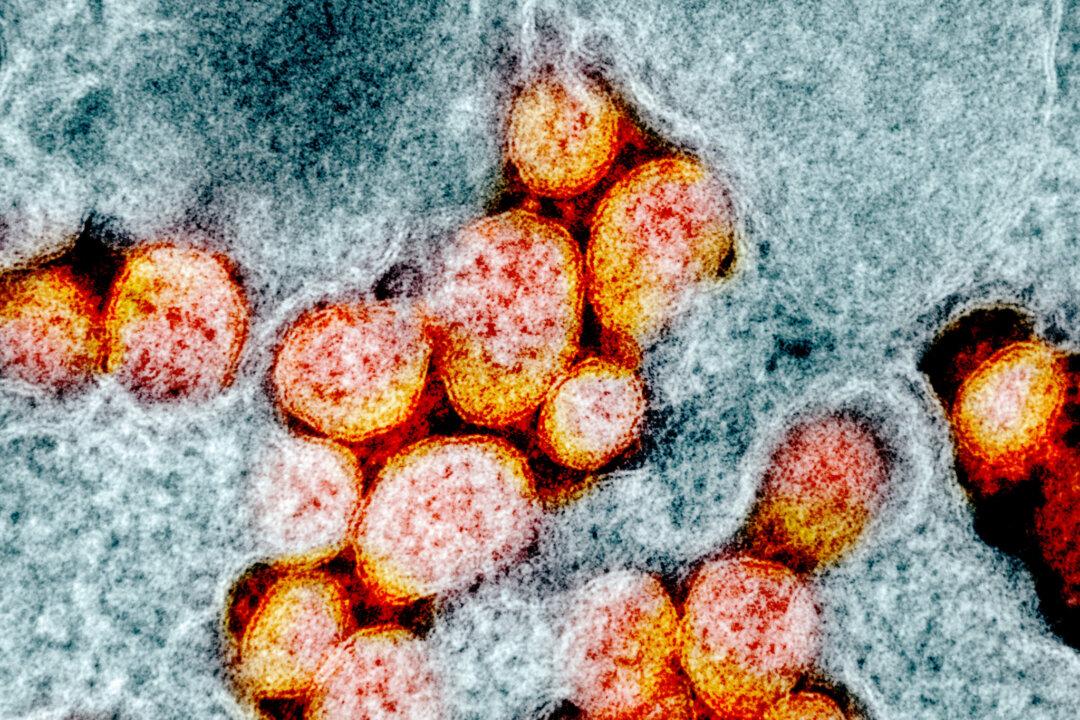Some patients infected with the CCP (Chinese Communist Party) virus, commonly known as the novel coronavirus, could experience gastrointestinal symptoms including diarrhea as their first symptoms, a new study suggests.
The study (pdf), published March 30 in The American Journal of Gastroenterology, examined patients with “low severity disease” who displayed digestive symptoms, and found that some only later developed respiratory symptoms or fever—or not at all.





